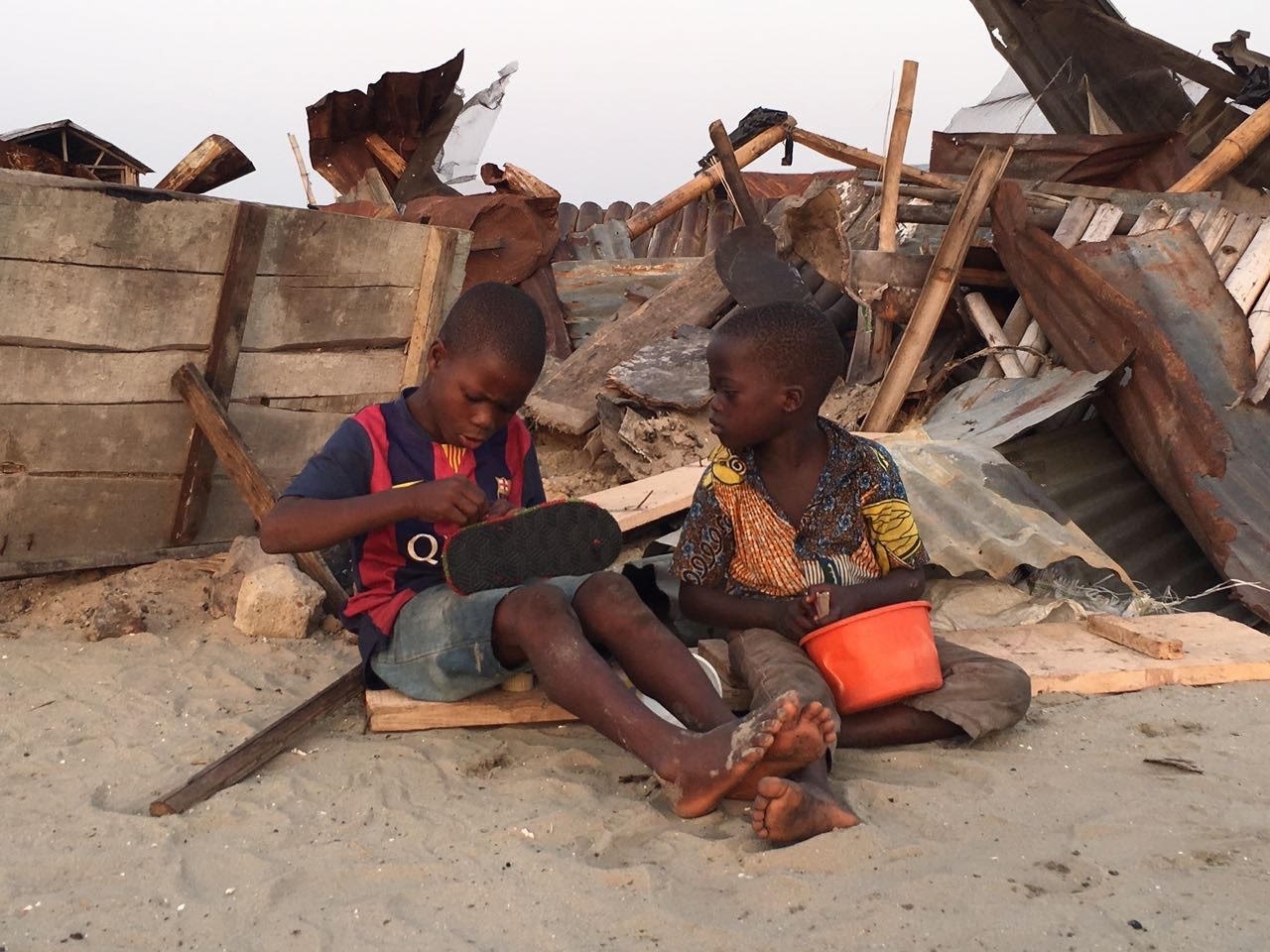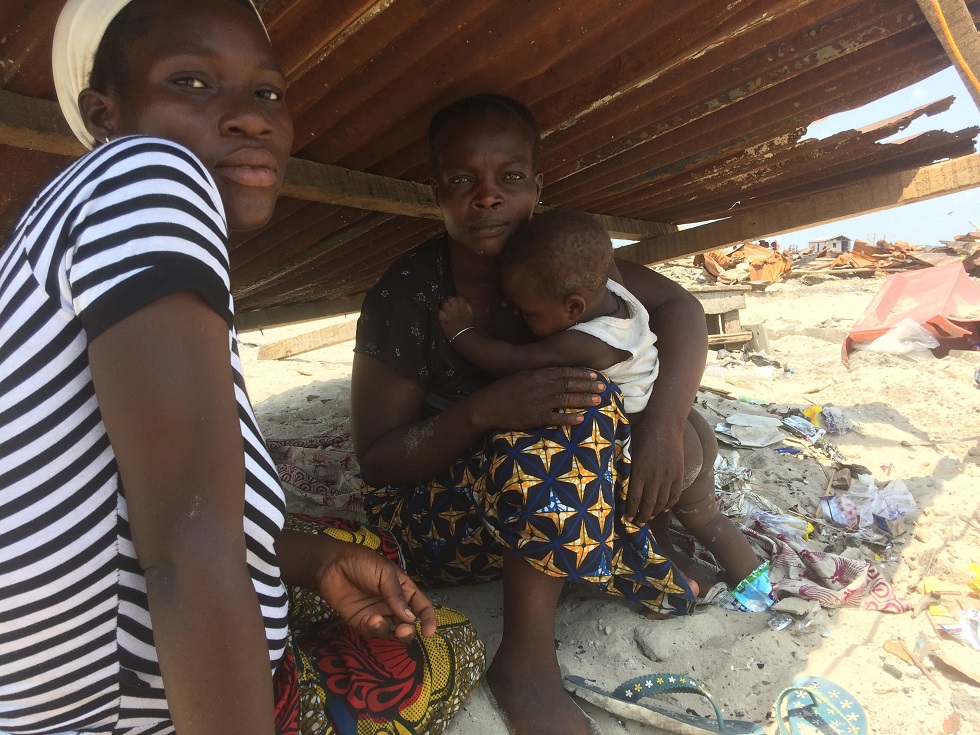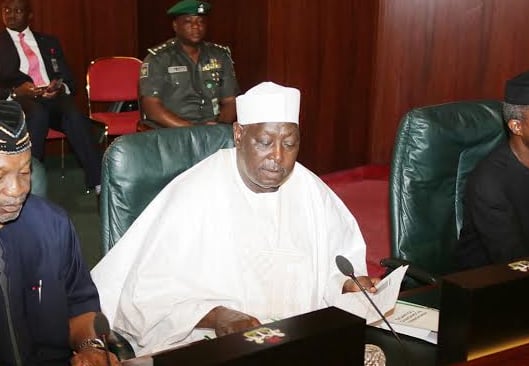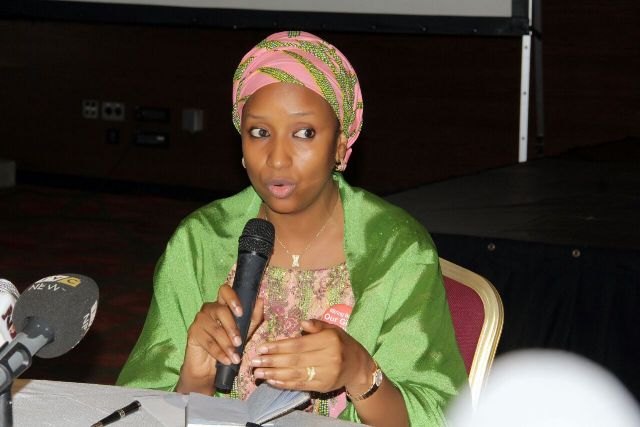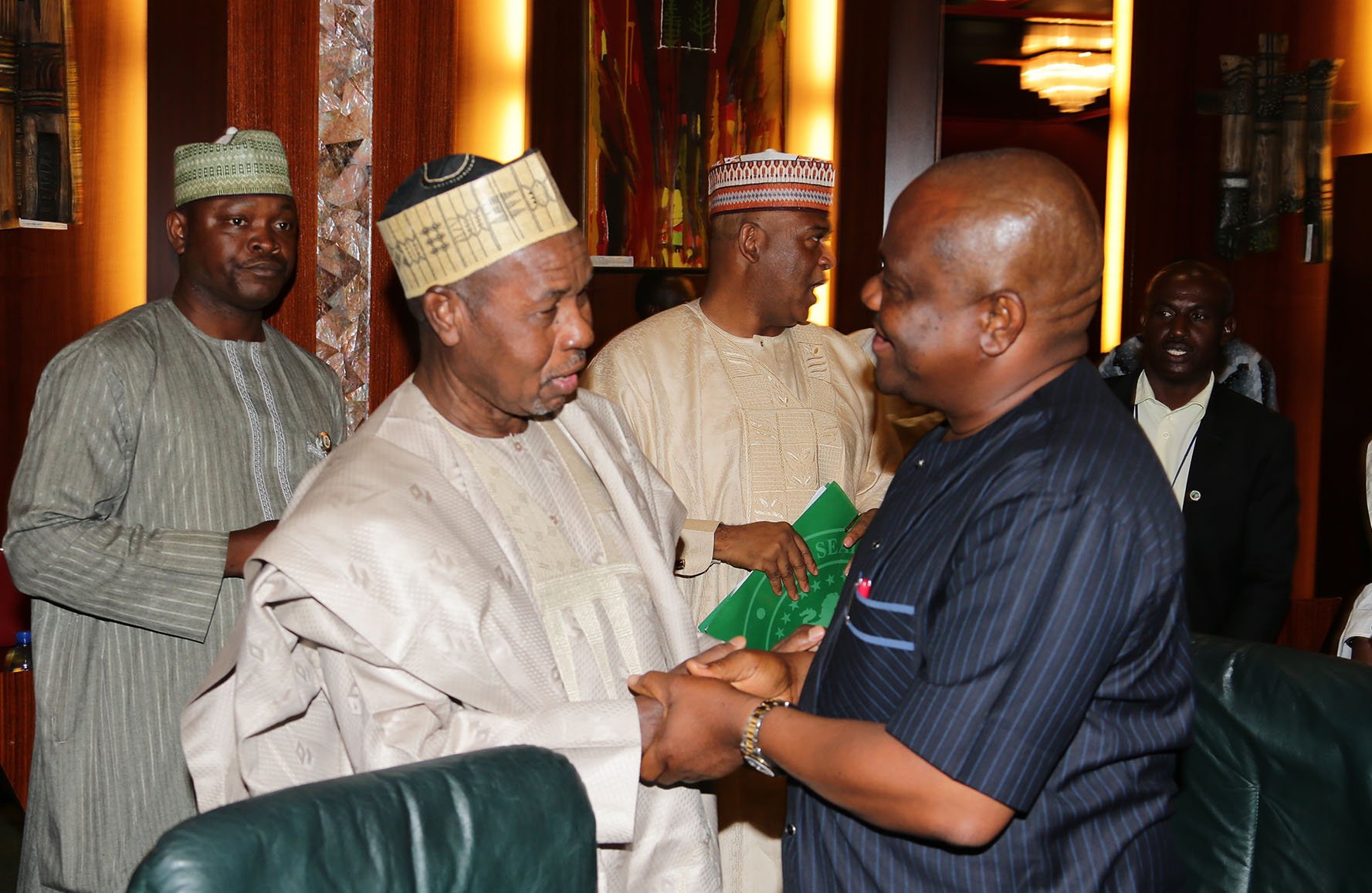The sight of children sprawled across what is left of the Otodo Gbame community is heart wrenching.
As the community faces one demolition after another, the latest being on Tuesday morning, and which went largely under reported, several children have been forced to flee their homes, injured and traumatised.
“Tell me that a state like Lagos is concerned about children, especially, the poorest and most vulnerable and I tell you a capital NO,” said Betty Abah, executive director CEE-HOPE, a non-governmental organisation (NGO).
“While Lagos is putting its 2007 child’s right law and the recent child protection policy in the show glass to impress the world, the same Lagos has no qualms burning down slum communities in the middle of the night, drowning their children, throwing them into the streets via its callous and barbaric eviction policies.
Advertisement
“How can you speak of protecting children, yet consciously and consistently endanger the very existence of the most fragile members of your constituency even after a clear injunction from your own courts?”
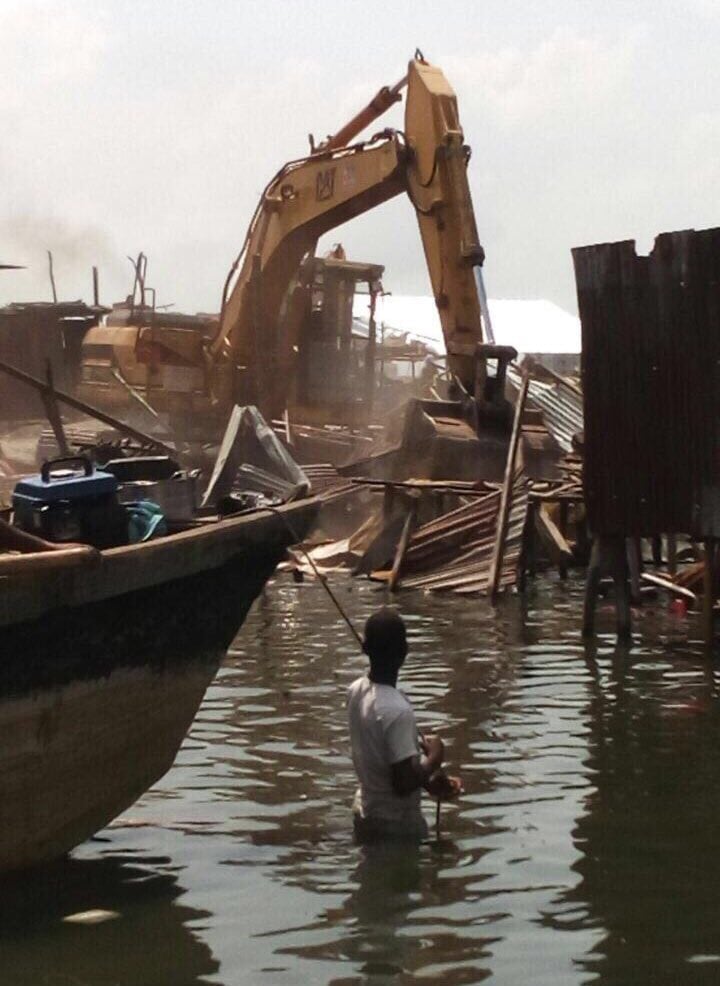
Last Friday, thousands of people fled Otodo Gbame, a large informal fishing community as bulldozers tore through shanties in what has been described by civil societies groups as defiance of an existing order by the Lagos state government.
Advertisement
The homes of over 3,000 people in Otodo-Gbame community in Lagos were destroyed and the residents had no inclination that this was going to be done.
In November 2016, the homes of about 30,000 residents were demolished to pave way for development projects.
The Otodo Gbame resident sought refuge at the court that ruled that evictions should be halted emboldening many resident to rebuild low cost houses in the settlement because they say they have no place to go.
Otodo Gbame is really one of the urban poor settlements in Lagos where the residents say they have lived for over a century. In all of these, children have become entangled in the imbroglio between the state government and residents of the community who happen to be their parents.
Advertisement
“Children are mostly affected because they lack shelter and are more susceptible to water borne diseases, malaria and cholera,” Megan Chapman, executive director of Justice and empowerment initiative (JEI), an NGO, told TheCable.
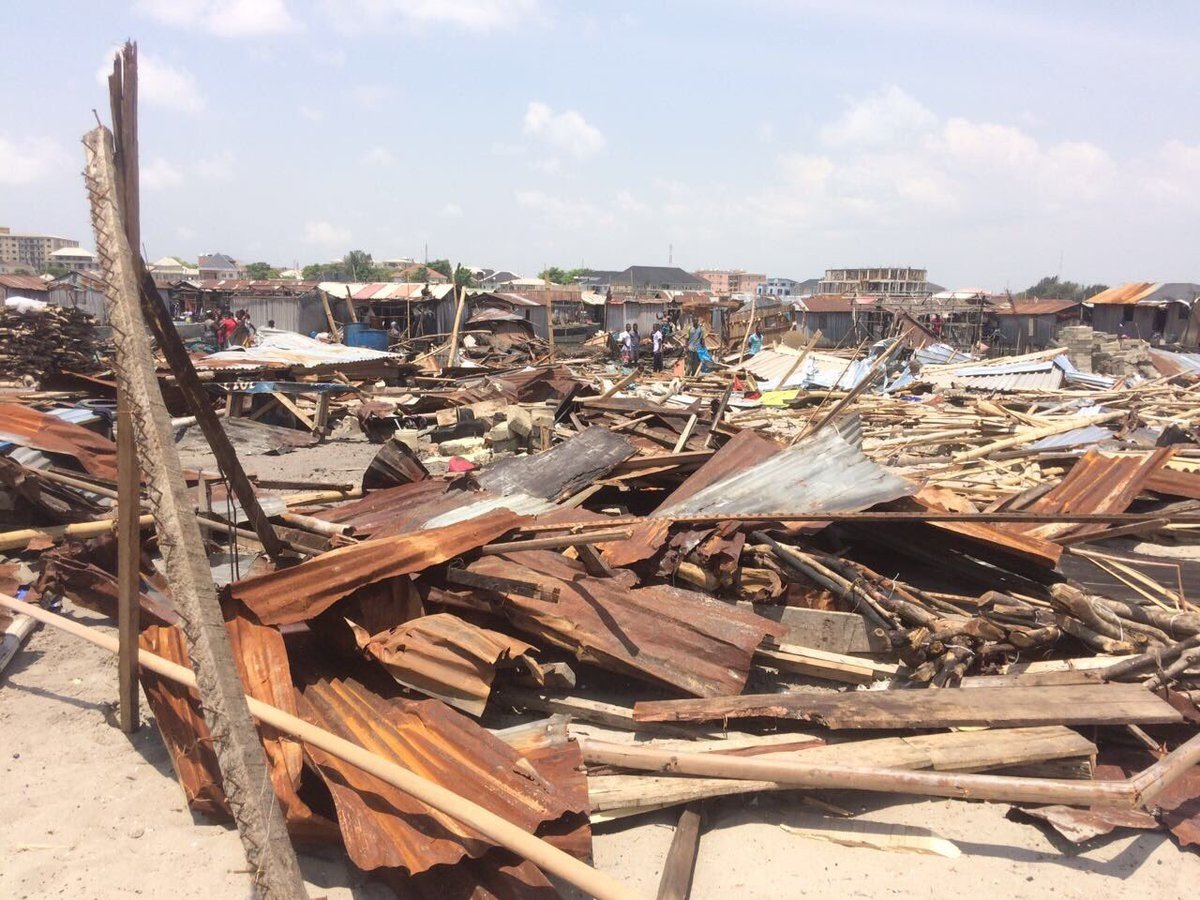
“We have seen toddlers stay in make shift homes. When you don’t have shelter, the rest of your life is in shambles. Livelihoods are destroyed and what this means is that parents cannot afford to give food to their children.”
Chapman said businesses, shops and stalls of parents in these community, were destroyed further impoverishing them.
Advertisement
“There is now food scarcity in the community; fishermen cannot fish anymore… they have now lost their source of income and cannot provide food for their children,” she said.
Also, since the demolitions occurred without discrimination, buildings where children received school lessons were pulled down too, halting their education process.
Advertisement
Worse, the raining season is here, the children will often get caught up in the rain and the risks of waterborne diseases, especially malaria, will increase.
TheCable tried to reach Steve Ayorinde, Lagos state commissioner for information, but he would not answer his calls.
Advertisement
Once a text message message was sent, he responded saying a press statement will be issued to “address inquiries.”
Advertisement
These women and the little child have nowhere to go
The statement was subsequently issued, and the government defended its action.
Ayorinde said government demolished the buildings to avoid an environmental disaster and another round of “deadly skirmishes” that led to the razing of the community in November 2016.
He added that government did not ignore any court order, insisting that the demolition was in order because “Lagos state government owes a duty to ensure health and safety is maintained”.
“The Otodo Gbame community is one of the 39 claimant communities that had commenced action to enforce their fundamental rights pursuant to Fundamental Rights (Enforcement Procedure) Rules 2009 before Onigbanjo. J of Lagos Division of the High Court of Lagos State in Suit No. LD/4232MFHR/2016..AKAKPO & 38 ORS vs. AG L/S & 3 ORS,” Ayorinde’s statement read.
“The leave granted to enforce their rights was tantamount to an order of status quo ante bellum on the parties, which amongst other things required that the claimants do not take any action within the area after it was destroyed by fire.
“The undisputed fact is that Otodo-Gbame was engulfed by fire that razed down the entire community in November 2016, which rendered the area uninhabitable.
“It is unacceptable for them (Otodo Gbame dwellers) to return to the area or to erect shanties and perpetuate unsanitary and environmentally dangerous conditions, hence, the need for the government to maintain order and public safety.”
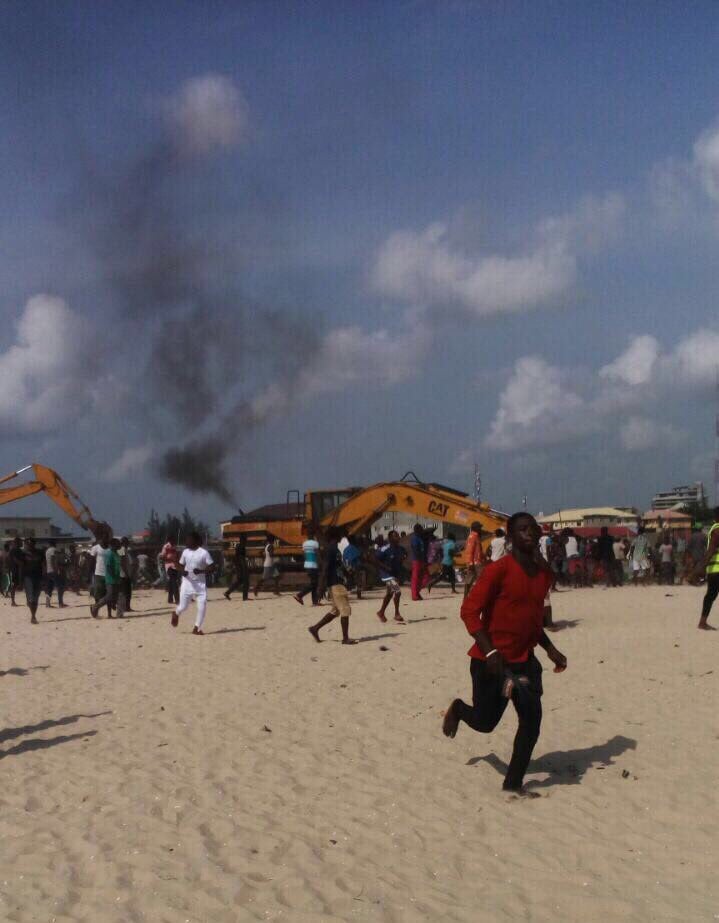
But Chapman is insisting that the residents have nowhere to go to.
“All the outcry has not put a stop to the demolitions and attacks on the community as on Tuesday morning, demolitions recommenced and shots were fired, ” she said.
“There is an escavator swamp buggy used for demolishing house structures that were spare last Friday.”
Shots were fired and one person, Patrick Dasanu, was seriously injured and rushed to the Eti-Osa Health Centre.”
But Ayorinde says the Lagos state government will would not be blackmailed into abdicating its constitutional responsibilities to guard against a potential health and environmental hazard in the area by condoning what amounts to a breach of environmental and urban planning laws.
Add a comment
